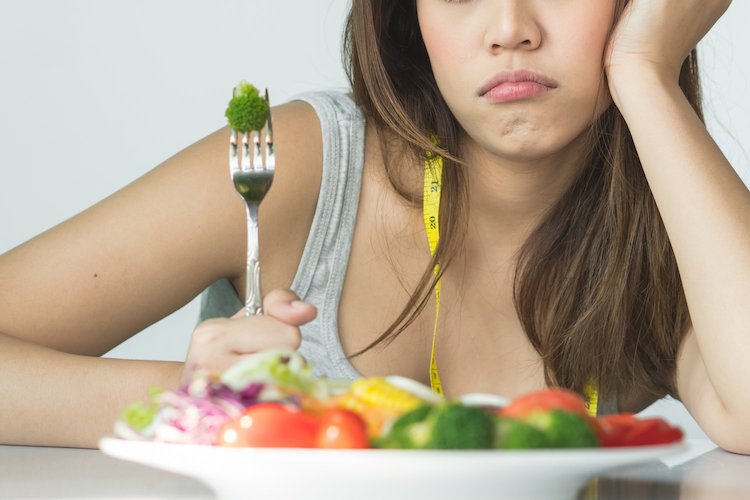When we talk about Mental Health, most people relate it to just how we think or act, but it goes beyond that. It involves our psychological, social and emotional well-being, and when this area of our lives are affected, we can’t go about our daily activities the way we ought to.
Just like how poor dieting affects your mental health, it goes both ways. A bad mood or disorder can affect your feeding negatively or positively because our body and mind are not separate, so it shouldn’t surprise you if your mental health affects your diet.
The covid-19 pandemic changed the world drastically and had a massive impact on peoples well-being both home and abroad. It caused a high mortality rate and sent a lot into depression, either from the pain of losing someone or how life became more challenging and more rigid than usual, thereby forcing people to adjust to the new norm.
How can an angry man having difficulties in life and is trying to survive each day be in the positive frame of mind to eat or even think of food? The funny question, right?
Ok, let’s play something out. Just imagine being in a difficult situation like having a deadline to meet at your workplace. Your boss is on your neck, and your colleagues are waiting on you to get the job done because you are slowing down their work. Do you think of food at that moment or how to get out of the problem? It’s no doubt that some people will answer Yes to this because the food comes as an inspiration to some, but for the majority, it’s going to be a No.
Mental health problem is not just having a mental or bipolar disorder or going into depression. Mental health can be in the form of anger, anxiety and panic attacks, loneliness, phobia, PTSD, stress, suicidal feelings, among others.
Mood and Food
Sad events can be just as much of a trigger to eat or not eat as happy occasions. Anxiety, stress, anger, depression and the likes cause a change in appetite.

When anxious, stressed, angry or not in a good mood, some people tend to overeat or consume many unhealthful foods. In comparison, others will, however, lose their desire to eat when in such a situation.
Yes, you are normal; people bodies and minds vary.
When you’re having mental health problems, your body responds. It can trigger emotional and psychological changes in your body to help you deal with the pressure, which often affects the stomach and digestive tract, thereby making you lose your appetite. Whatever the reason may be, your need usually returns once you’re feeling better.
When it comes to food, it can impact your mood in two ways: you don’t eat, or you overeat. You are deciding to not eat falls into two categories: not eating because you have lost your appetite due to stress and worry or simply forgetting to eat because you are too busy with your daily activities.
A way Out
If you experience loss of appetite when going through a mental problem, you can take the following steps to address such issues:
- Understand where the problem is coming from. Knowing this will help you tackle the problem.
- Practice stress management like deep breathing, meditation.
- A better sleep schedule can help, especially when you understand the cause.
- Improve in self-care.
- Medication to increase your appetite.
- In most cases, talking to therapy helps and if you can’t afford one, speak to a friend.
Endeavour to take care of your mental health and get the most out of life. Like a typical Nigerian will say, “Problem no dey finish, try dey enjoy”. It wouldn’t cost a fortune to make simple changes to how you live or use your time. So, Why not start today?

